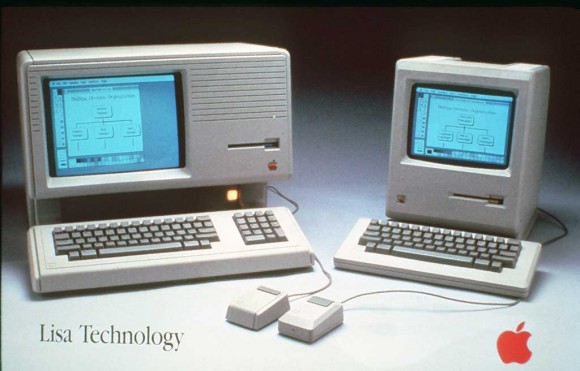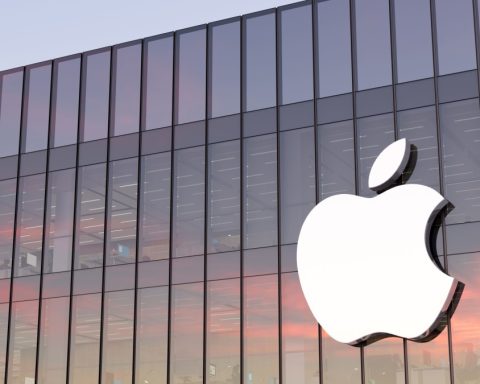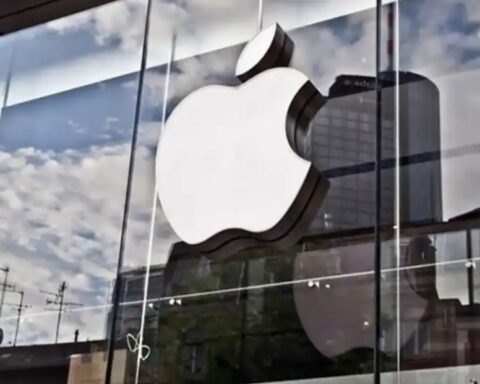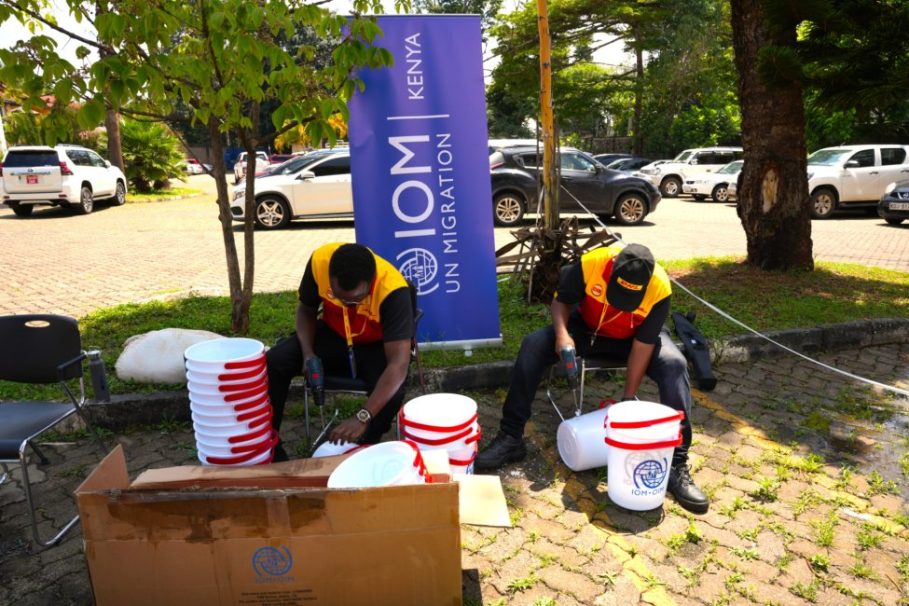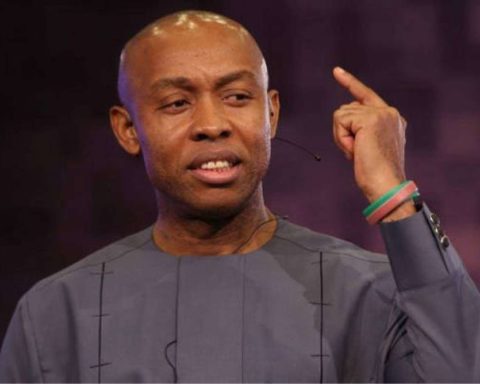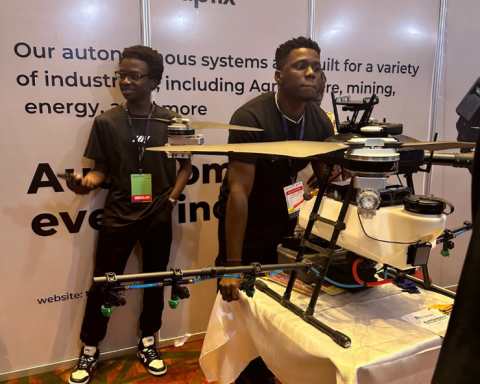In the early 1980s, Apple’s Lisa computer was poised to revolutionize the tech industry with its groundbreaking graphical user interface and mouse. The brainchild of Apple’s co-founder Steve Jobs, the Lisa was designed to be a user-friendly, intuitive machine that would democratize access to computing.
However, despite its innovative design, the Lisa was plagued by technical issues, a hefty price tag, and poor sales. The computer’s compact design, imposed by Jobs, led to overheating issues and frequent crashes. Its exorbitant price of $9,995 at launch (equivalent to nearly $30,000 today) made it inaccessible to most consumers.
Join our WhatsApp ChannelA Commercial Failure and a New Opportunity
Meanwhile, IBM was dominating the market with its PC 5150, a more affordable and reliable alternative that set the foundation for modern computing. The Lisa’s commercial failure forced Apple to shift its focus to the Macintosh, which debuted in 1984 with a more refined design and a massive marketing push.
But one major problem remained: what would happen to the thousands of unsold Apple Lisa units gathering dust in warehouses? The computers were still functional, but Apple had lost interest in them. This is where Bob Cook, a tech reseller, entered the picture.
A Second Chance for the Lisa
Cook’s company, Sun Remarketing, specialized in acquiring unsold tech inventory and reselling it. He had previously saved 3,500 Apple III computers, another of Apple’s commercial failures. Recognizing an opportunity, Cook struck a deal with Apple to purchase up to 7,000 Apple Lisa units at a discount.
Cook’s plan was to repair, upgrade, and resell the computers. To make the project viable, Sun Remarketing invested $200,000 in research and development, creating an improved version called the Lisa Professional. The modified computers started selling, and it seemed like these forgotten machines had a chance at a new life.
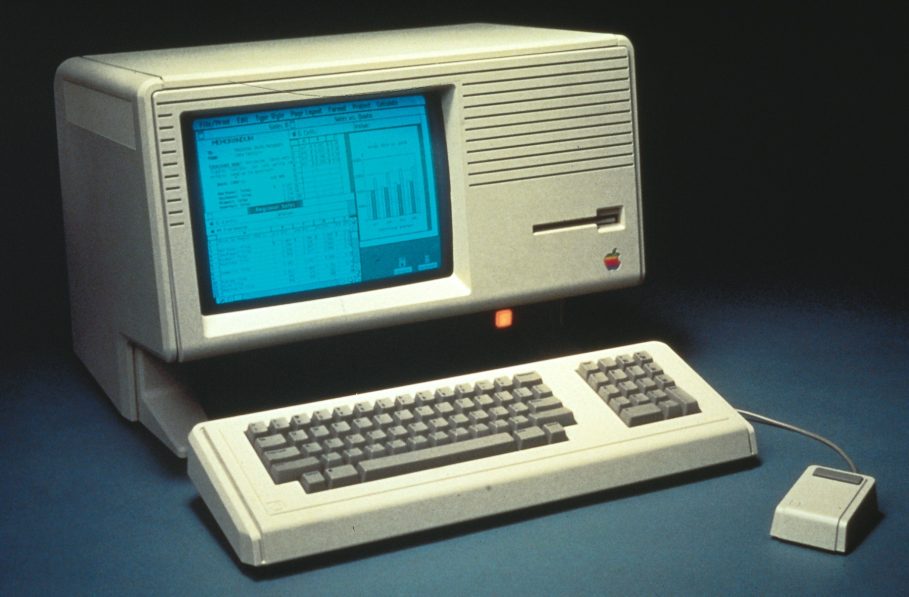
Apple’s Sudden Intervention
However, Apple suddenly intervened, demanding the return of all remaining Lisa units. Without explanation, the company arranged for the computers to be transported to a landfill in Logan, Utah. There, the machines were crushed and buried, permanently erasing them from existence.
Theories and Speculation
Apple never publicly explained its decision, leading to speculation and theories about why the company would go to such lengths to wipe out its own product. Some believe the company was protecting its brand image, fearing that modified, second-hand Lisas could damage its reputation if they failed.
READ ALSO: Apple To Pay $95m In Siri Privacy Settlement
Others suggest Apple was reinforcing its closed ecosystem philosophy, ensuring that all its products remained under corporate control. Another possibility is that Steve Jobs, who had a complicated relationship with the Lisa, wanted to eliminate any trace of the project after returning to Apple.
A Contradictory Legacy
The destruction of the Lisa computers stands in stark contrast to Apple’s modern commitment to environmental sustainability. Today, the company prioritizes eco-friendly designs and minimizes waste in its products. The latest Mac mini M4, for example, is marketed as carbon-neutral, made from 100% recycled aluminum.
The fate of the Lisa serves as a poignant reminder of the tech industry’s complex and often contradictory relationship with innovation, progress, and the environment. As we celebrate the latest advancements in technology, we must also acknowledge the forgotten relics of the past and the lessons they hold for a more sustainable future.
Dr Mbamalu, a Jefferson Journalism Fellow, Member of the Nigerian Guild of Editors (NGE) and Media/Communications Consultant, is the Publisher of Prime Business Africa (PBA).
Dr. Marcel Mbamalu is a distinguished communication scholar, journalist, and entrepreneur with three decades of experience in the media industry. He holds a Ph.D. in Mass Communication from the University of Nigeria, Nsukka, and serves as the publisher of Prime Business Africa, a renowned multimedia news platform catering to Nigeria and Africa's socio-economic needs.
Dr. Mbamalu's journalism career spans over two decades, during which he honed his skills at The Guardian Newspaper, rising to the position of senior editor. Notably, between 2018 and 2023, he collaborated with the World Health Organization (WHO) in Northeast Nigeria, training senior journalists on conflict reporting and health journalism.
Dr. Mbamalu's expertise has earned him international recognition. He was the sole African representative at the 2023 Jefferson Fellowship program, participating in a study tour of the United States and Asia (Japan and Hong Kong) on inclusion, income gaps, and migration issues.
In 2020, he was part of a global media team that covered the United States presidential election.
Dr. Mbamalu has attended prestigious media trainings, including the Bloomberg Financial Journalism Training and the Reuters/AfDB Training on "Effective Coverage of Infrastructural Development in Africa."
As a columnist for The Punch Newspaper, with insightful articles published in other prominent Nigerian dailies, including ThisDay, Leadership, The Sun, and The Guardian, Dr. Mbamalu regularly provides in-depth analysis on socio-political and economic issues.


